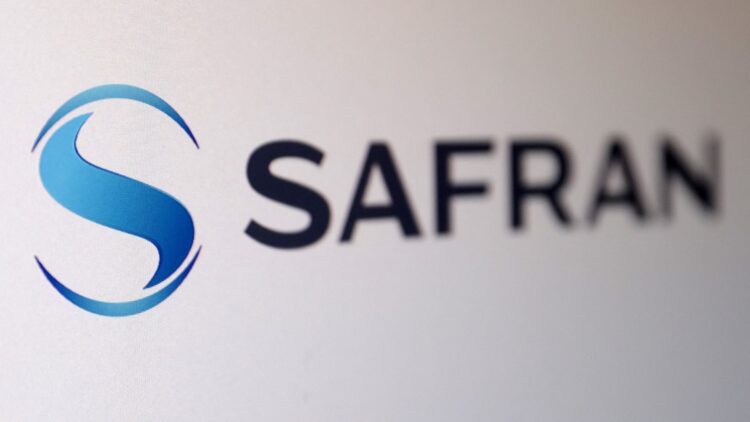France has been picked over the US for a new technological plant. How interesting is that? The USA is usually the “hub of technology”, but it looks like something new and different is about to transpire. It’s rare to see a big industrial company opt for heritage over international expansion in the rapidly evolving global economy of today, where businesses are continuously balancing opportunity and expense. The allure of international investment destinations is still strong due to pressure to cut costs, open up new markets, and take advantage of worldwide tax benefits.
Safran beats the US and Canada to select France for a $500M carbon brakes plant
French aerospace group Safran SAF.PA has picked France as the location for a $500 million carbon brakes factory, beating rival bids from sites in the U.S. and Canada in a domestic investment buoyed by a shake-up at power giant EDF. Partially state-owned Safran, which builds jet engines and competes with RTX RTX.N unit Collins Aerospace to sell other equipment like brakes and landing gear.
They said the 30,000 square metre (323,000 sq ft) facility near Lyon would cost over 450 million euros ($514.4 million) and start running in 2030. Thursday’s announcement, alongside higher mid-year earnings, came after Reuters exclusively reported that Safran was poised to select France for the expansion following a politically sensitive contest overshadowed by concerns over energy supplies.
Global politics, industry pressure, and energy security are linked to Safran’s decision
The contest has been closely scrutinised in France, where President Emmanuel Macron has made regenerating local industry a key political priority at a time when U.S. President Donald Trump is pressing Europe to invest more in the United States. Macron hailed the decision to pick Ain, southeastern France, as an act of “sovereignty and re-industrialisation”.
Safran pioneered the use of carbon brakes for jetliners and Formula 1 racing cars and says they are lighter and more durable than steel. But they consume large amounts of energy to make, so Safran had been pressing for secure supplies of clean energy. Under discussion for five years, the decision had become increasingly swept up in energy and international politics, as well as the fallout from management changes at state utility EDF.
The worldwide background of this crucial decision
This choice comes at a time when aerospace competition is getting fiercer on a worldwide scale. According to reports, the United States and Canada were both vying for the new location and were providing Safran with attractive incentives to cross the Atlantic. Despite these advantages, the business decided to keep its investment nearer to its origins.
Reasons to pick France instead of North America:
- Robust system of vocational education.
- A well-established aeronautical ecosystem. dependable local supply networks.
- Green industry incentives at the national level.
Given its current alliances in North America, several business analysts had anticipated that Safran would favour that region; yet, the move has spurred fresh discussions about the potential and tenacity of European manufacturing. France is fighting for its name despite criticism, and both Lufthansa and Air France-KLM post Q2 growth despite trade war fears.
EDF’s new CEO Bernard Fontana has pledged to focus on domestic projects after his predecessor Luc Remont, was fired earlier this year following complaints by French industries over his rigidity on long-term contract negotiations. Fontana told parliament in April that EDF would deliver competitive prices via “all available margins of flexibility”. Quebec was the leading candidate outside France due to its ample hydroelectric supplies, and Oregon was also considered before failing to reach the final cut, industry sources said. In case you missed it, France ordered 800,000 more Takata‑equipped cars.
GCN.com/Reuters


